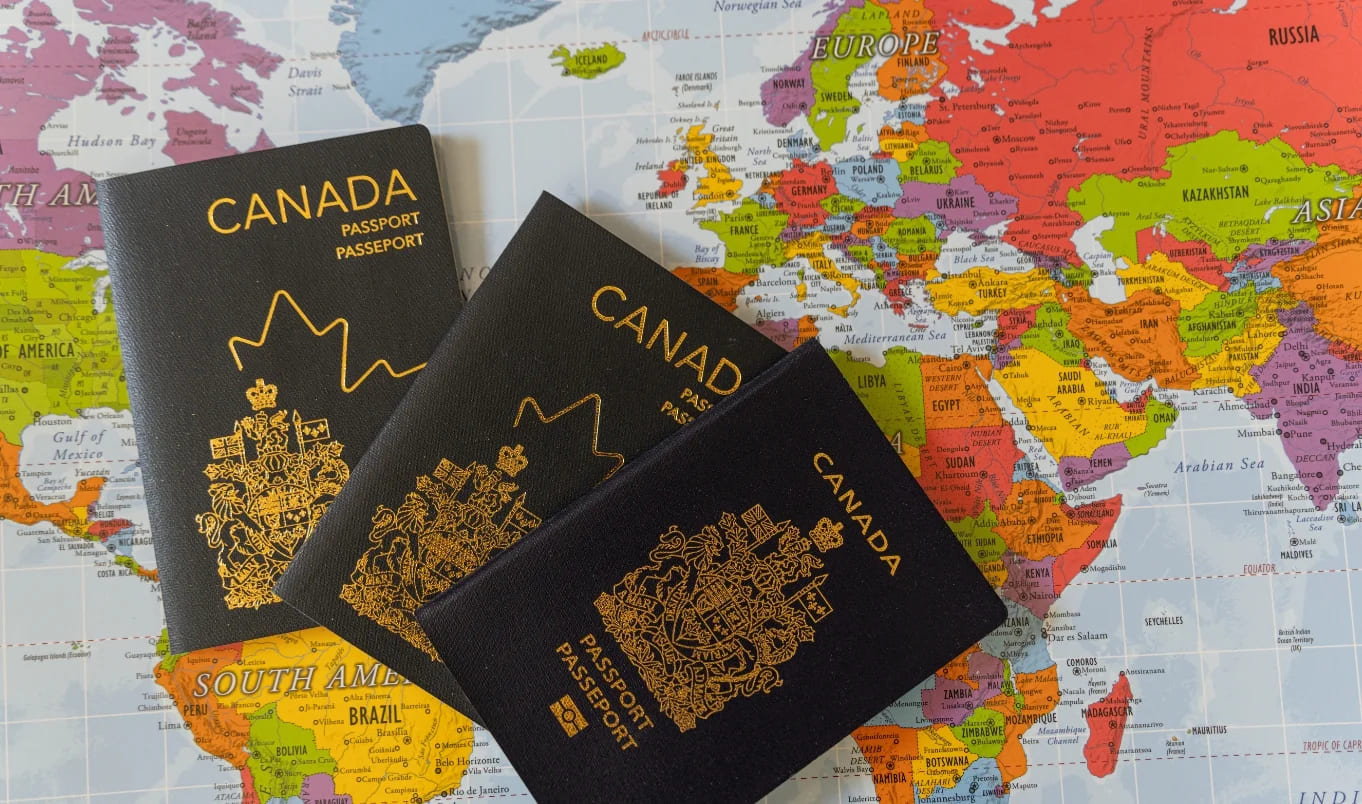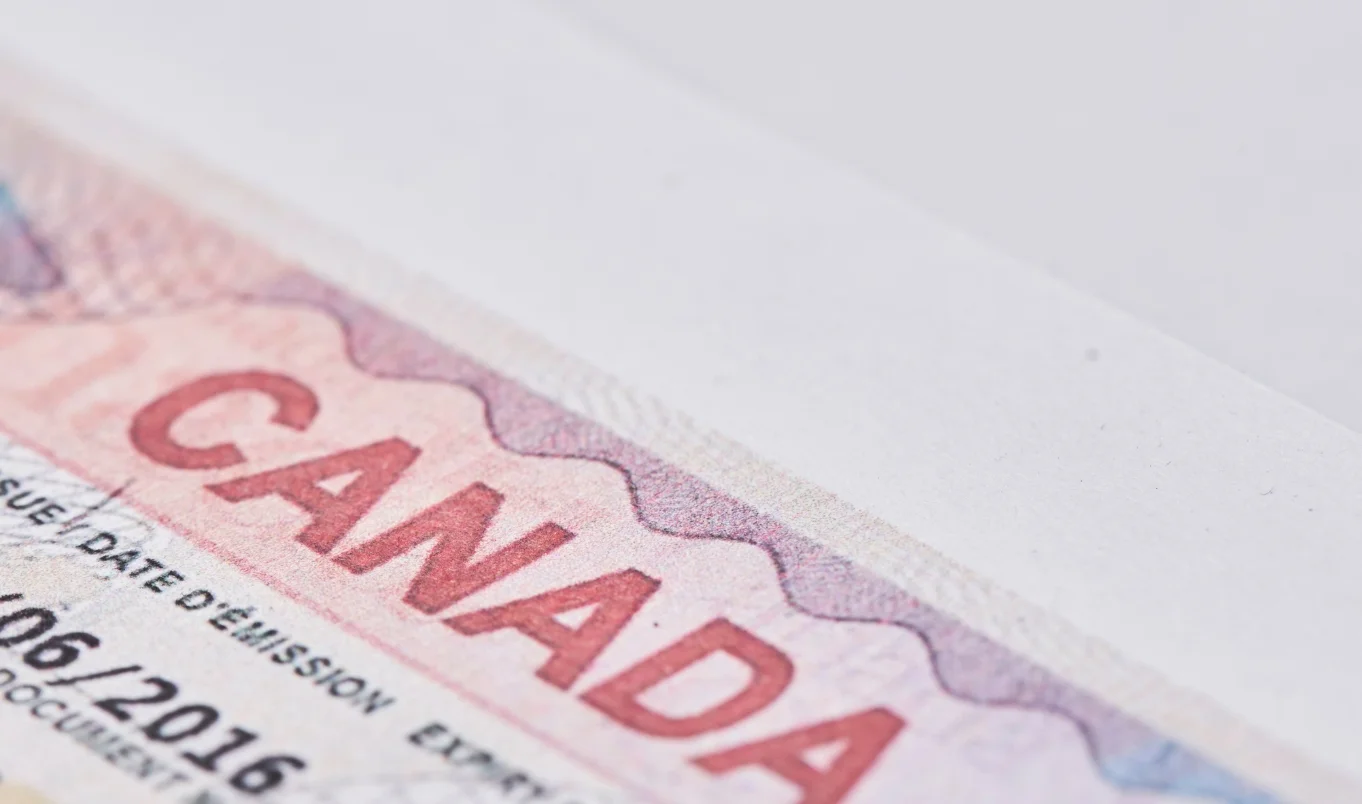What is the Difference Between a Study Permit and a Study Visa

Strong 8k brings an ultra-HD IPTV experience to your living room and your pocket.
When planning to study abroad in countries like Canada, understanding the immigration and study regulations is essential. One of the most common areas of confusion among international students is the difference between a "study permit" and a "study visa." While these terms are often used interchangeably, they refer to two different aspects of a student's immigration process. Both documents play distinct roles in allowing international students to study in another country, such as Canada.
This article provides a comprehensive breakdown of the differences between a study permit and a study visa, highlighting their meaning, purpose, requirements, application process, and validity. By the end, you will have a clearer understanding of how these two terms fit into the international student journey.
What is a Study Permit?
A study permit is a document issued by a country’s immigration authorities that allows foreign nationals to study at designated learning institutions (DLIs) within that country. For instance, in Canada, a study permit is necessary for most international students who want to pursue academic, vocational, or professional training.
The study permit is not an entry document. It only allows a student to remain in the country for the purpose of studying. In Canada’s case, a study permit must be obtained by individuals who intend to enroll in programs longer than six months. It outlines the conditions of a student's stay, such as:
• The duration for which they are allowed to study.
• The institution they are allowed to attend.
• The level of education they are permitted to pursue.
Purpose of a Study Permit
The main purpose of a study permit is to legally authorize an international student to pursue education within the country. It establishes the terms under which the student is allowed to stay for study purposes and may include conditions like:
• Whether the student is allowed to work part-time while studying.
• Whether the student must meet specific health or safety requirements.
• Any geographical restrictions within the country.
Requirements for a Study Permit
To apply for a study permit, applicants must meet the following general requirements (specific requirements may vary by country):
• Acceptance from a Designated Learning Institution (DLI): Before applying for a study permit, a student must have an official acceptance letter from a recognized institution. In Canada, only DLIs are authorized to accept international students.
• Proof of Financial Support: Applicants need to prove they have sufficient financial resources to cover tuition fees, living expenses, and return transportation costs for themselves and any accompanying family members.
• Health Insurance: Some countries may require proof of health insurance as part of the study permit application. This ensures that the student has access to medical services during their stay.
• Good Health and Security Clearance: In some cases, a medical exam or police clearance certificate may be required to show that the applicant is in good health and has no criminal background.
• Language Proficiency: Many countries require students to demonstrate proficiency in the language of instruction (e.g., English or French in Canada) by taking a recognized language test (such as IELTS or TOEFL).
• Intention to Leave After Studies: Applicants must convince immigration officials that they will leave the country once their studies are completed, even if they intend to apply for a post-graduation work permit later.
Application Process for a Study Permit
The application process for a study permit typically involves the following steps:
• Obtain an Acceptance Letter: Secure admission from a recognized educational institution (DLI).
• Prepare Documentation: Gather all necessary documents, such as proof of identity, proof of acceptance, proof of financial resources, and any required medical or police clearance.
• Submit Application: Submit your study permit application either online or at the appropriate visa application center in your country. Some countries may allow paper-based applications as well.
• Biometrics and Interview: Depending on the country, you may be asked to provide biometrics (fingerprints and photo) or attend an interview.
• Receive Decision: Once the application is processed, you will receive a decision. If approved, you will be issued a study permit upon arrival in the country (not before).
• Arrive in the Country: Present your study permit approval letter to the immigration officer upon entry to the country. In Canada, for example, the actual study permit is issued when you arrive at a port of entry.
Validity of a Study Permit
The validity of a study permit depends on the length of the study program and any additional time required for other activities, such as internships or work placements. Typically, the permit is valid for the duration of the program, plus an additional 90 days, allowing students time to prepare to leave the country or apply for an extension or work permit.
What is a Study Visa?
A study visa (often referred to as a student visa) is a document that allows international students to enter and remain in a country for the purpose of studying. In many countries, a study visa is issued in conjunction with a study permit. It acts as a travel document, enabling students to enter the country legally.
In essence, a study visa allows you to cross the border into the country where you plan to study, while a study permit gives you the legal right to stay in the country and pursue your education.
Purpose of a Study Visa
The primary purpose of a study visa is to facilitate the entry of international students into a foreign country for educational purposes. Unlike the study permit, which governs the conditions of study, the visa is about entry and initial residence.
The visa typically includes information about:
• The date of entry.
• The duration for which you can stay in the country.
• The purpose of the visit (e.g., study).
In some cases, the visa also indicates whether you are allowed to leave and re-enter the country multiple times during your study program.
Requirements for a Study Visa
The requirements for a study visa are often similar to those of a study permit. However, the key difference is that the study visa is focused on entry to the country rather than the specific terms of study. Common requirements for a study visa include:
• Valid Passport: A valid passport is essential for visa application. The passport must be valid for the entire duration of your study program.
• Letter of Acceptance: Like a study permit, a letter of acceptance from a recognized institution is necessary to apply for a study visa.
• Proof of Sufficient Funds: You must demonstrate that you have enough financial resources to cover your tuition and living expenses.
• Visa Application Form: The visa application form must be completed and submitted to the appropriate consular authority.
• Application Fees: A visa application fee is required, the amount of which may vary by country.
• Medical and Security Clearance: Some countries may require you to undergo a medical examination or submit police clearance to ensure you meet health and security requirements.
• Biometrics: Depending on the country, you may need to provide biometrics as part of the visa application process.
Application Process for a Study Visa
The application process for a study visa typically involves the following steps:
• Submit Application: Apply for a study visa online or at the embassy/consulate of the country you plan to study in.
• Provide Supporting Documents: Submit the required documents, including the acceptance letter, proof of financial support, and any additional paperwork.
• Attend Visa Interview (if required): Some countries may require applicants to attend a visa interview at the consulate.
• Visa Issuance: Once the visa application is approved, the study visa will be affixed to your passport, allowing you to travel to the country of study.
Validity of a Study Visa
The validity of a study visa depends on the length of the study program and the country’s immigration rules. It is typically valid for the duration of the study program, with the option for renewal in certain circumstances.
A study visa may have additional restrictions regarding travel. Some countries issue single-entry study visas, which require students to apply for a new visa if they leave the country, while others issue multiple-entry visas, allowing students to leave and re-enter without requiring a new visa.
Key Differences Between a Study Permit and a Study Visa
Aspect Study Permit Study Visa
Meaning A legal document that allows you to study in the country. A travel document that allows you to enter the country for study.
Purpose To permit students to stay and study at a designated institution. To allow students to enter the country for educational purposes.
Issued By Immigration authorities after arrival (in some countries). Consulate or embassy before entering the country.
Requirement Required for most academic programs longer than six months. Required to travel to the country for studying.
Validity Typically valid for the duration of the study program, plus additional time. Valid for entry and can expire during your studies (in some cases).
Application Process Applied after receiving a letter of acceptance; often done alongside a visa application. Applied before entering the country; must be obtained before travel.
While the terms "study permit" and "study visa" are often confused, they serve different purposes in the immigration process. A study visa is primarily a travel document allowing students to enter a foreign country, while a study permit gives them the legal right to remain and study in that country. It’s crucial for international students to understand both processes, as obtaining both documents is often necessary to begin their education abroad.
By understanding the distinction between a study permit and a study visa, students can ensure a smoother application process and avoid unnecessary delays or complications in their plans to study abroad.
Note: IndiBlogHub features both user-submitted and editorial content. We do not verify third-party contributions. Read our Disclaimer and Privacy Policyfor details.







